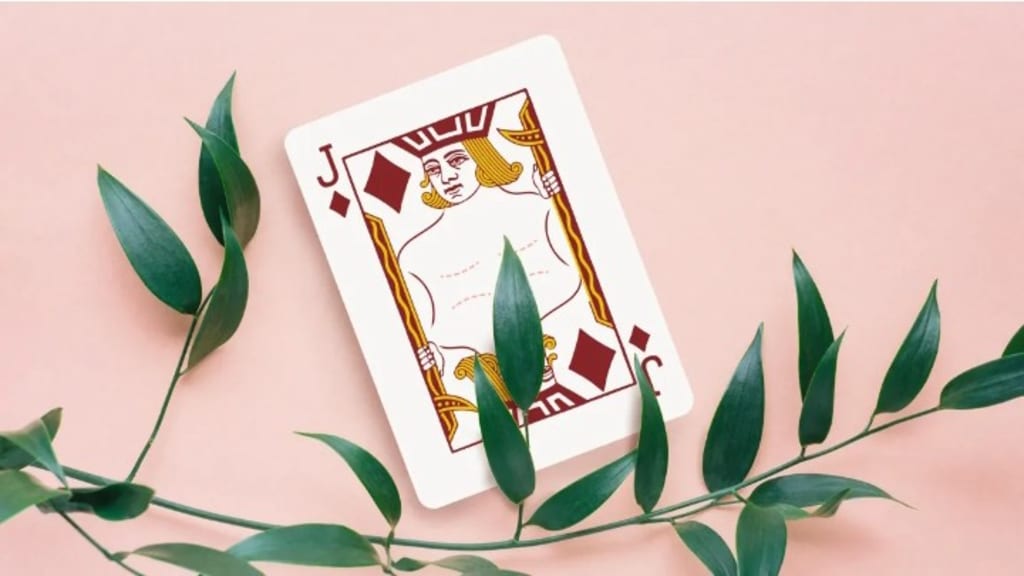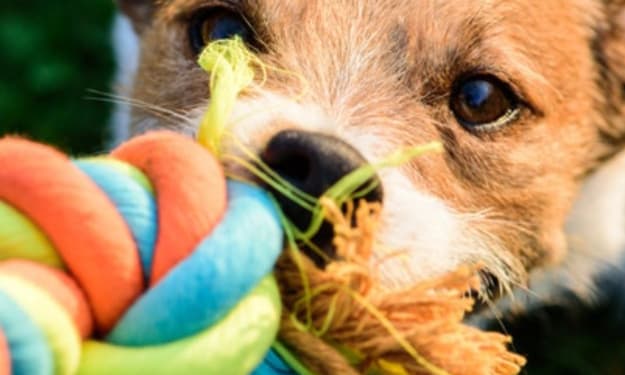I Have a Vagina. I’m Not a Woman. And I’m Totally Cool with It.
Health

Whenever people find out I’m transgender, there’s almost always an awkward pause. Usually that pause means there’s a question they want to ask, but they’re not sure if they’ll offend me. And it almost always has to do with my body.
While transgender people have the right to privacy like anyone else (and you probably shouldn’t go around asking people about their genitals), I’ll go ahead and answer that question for you: Yes, I have a vagina.
And no, it doesn’t really bother me.
I was assigned female at birth, but when I hit my teen years, I became increasingly uncomfortable in my own skin. No matter how hard I tried to be OK with the assumption that I was a woman, that assumption just didn’t feel right.
The best way I can explain it is similar to how I felt when I attended a Catholic mass for the first time as a kid. Everyone else seemed to know what to do: when to recite a prayer, when to stand up and sit down, when to sing and when to kneel, who touches a bowl of water on the way in and why.
But having been raised in a secular home, I had no point of reference. They had attended the rehearsals and I, meanwhile, happened to stumble onto the stage for the performance.
I’d look frantically around the church, trying to figure out how to behave and what to do. I felt like an outsider, with a deep-seated fear that I’d be found out. I didn’t belong there. Even if I could figure out the rituals by imitating everyone else, I was never going to believe it in my heart, let alone understand it.
Just like religion, I’ve found that with gender, you can’t will yourself into believing something just by imitating everyone else. You are who you are — and I knew that I wasn’t like the other girls around me.
The older I got, the more unbearable that alienation became. I felt out of place, like I was wearing an ill-fitting costume that wasn’t made for me.
It was only when I learned what “transgender” meant in my late teens that things started to click into place. If “being a girl” didn’t feel right, why did I have to “be” one at all?
Meeting other transgender people when I was 19 was an eye-opening experience. I could hear myself in their stories.
They, too, felt out of place, even in a crowd full of people who were supposed to be just like them. They knew what it was like to feel “ugly” but unable to explain why.
Just like me, they had spent hours in front of the mirror, trying to mentally erase parts of their body that everyone else insisted they were “supposed” to have.
No amount of therapy, self-esteem building, and antidepressants seemed to change the fact that how the world labeled me (“she”) and who I knew myself to be (“he”) was hopelessly out of sync. I found it impossible to be happy until the world could finally meet me where my heart was.
So, I took the bold and scary step to alter my body. I started taking testosterone, and the dark clouds brewing around me started to lift. With each change — my hips narrowing, my cheekbones surfacing, my body hair appearing — it felt like another piece of the puzzle dropped into place.
The journey was strange and familiar at the same time. Strange because I’d never seen myself this way, but familiar because I’d been imagining it since I was a kid.
With the support of family and friends, I went on to get a double mastectomy (“top surgery”). When the bandages finally came off, the love I felt for my reflection was almost immediate, hitting me all at once. I emerged on the other side of that surgery feeling confident, joyful, and relieved.
If you’ve ever watched someone power-wash a deck and felt the immediate relief of revealing something sparkling clean just underneath, it’s kind of like that.
Someone had scrubbed away my anxiety, disgust, and sadness. In its place was a body I could love and celebrate. I no longer felt the need to hide.
But of course, after my top surgery, people close to me quietly wondered if it would be my last surgery.
“Do you want a…” they’d begin, trailing off with the hopes I’d finish their sentence. Instead, I’d just raise my eyebrows and smirk, watching them shift uncomfortably.
A lot of people assume that transgender people want the “full package” when they begin their transition.
However, that’s not always the case.
Being transgender doesn’t necessarily mean you take issue with every aspect of your body. In fact, some of us have gender dysphoria that focuses exclusively on specific parts or features. And our dysphoria can change over time, too.
There can be a lot of reasons for this. Some of us don’t want to undergo a complex and painful surgery. Others can’t afford to. Some feel the procedures aren’t advanced enough and fear they won’t be happy with the results.
And some of us? We just don’t want or need particular surgeries.
Yes, it’s totally possible to need to change some aspects of our bodies, but not others. A surgery that’s life-saving for one trans person could be completely unnecessary for another. Every transgender person has a different relationship to their body, so understandably, our needs aren’t identical, either.
Having breasts led to an enormous amount of psychological distress, but having a vagina doesn’t impact me the same way. I make whatever choices I need for my mental health, and another surgery isn’t a choice I need to make right now.
Besides, my transition was never about “becoming a man.” It was just about being myself. And for whatever reason, “Sam” just happens to be someone with a lot of testosterone, a flat chest, a vulva, and a vagina. And he’s also the happiest he’s ever been as a result.
The reality is, there’s much more to gender than our genitals — and I think that’s part of what makes gender so fascinating.
Being a man doesn’t necessarily mean you have a penis or even want one. Being a woman doesn’t necessarily mean you have a vagina, either. And there are nonbinary folks like me who are out in the world, doing our own thing, too!
Gender is limitless, so it makes sense that our bodies are, too.
There are so many different ways to be a human being. I believe life is a whole lot better when we embrace what makes us unique instead of fearing it.
You may not see bodies like mine every day, but that doesn’t make them any less beautiful. Difference is a precious thing — and if those differences bring us one step closer to our highest and most complete selves, I think that’s worth celebrating.





Comments
There are no comments for this story
Be the first to respond and start the conversation.